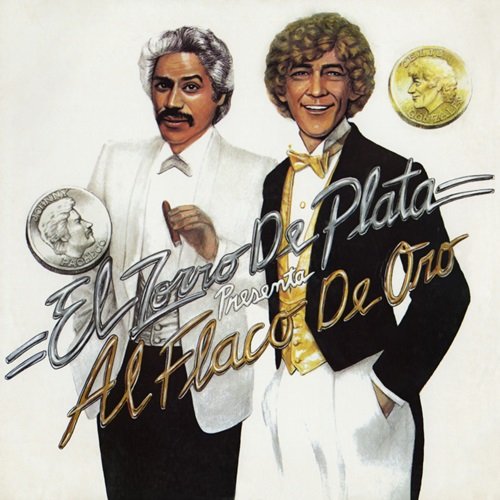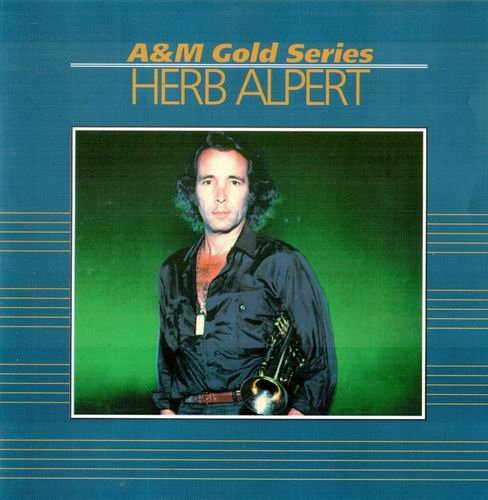Kent Nagano - Beethoven: Ideals of the French Revolution (2008)

Artist: Kent Nagano
Title: Beethoven: Ideals of the French Revolution
Year Of Release: 2008
Label: Analekta
Genre: Classical
Quality: FLAC (tracks)
Total Time: 01:46:37
Total Size: 481 Mb
WebSite: Album Preview
Tracklist: Title: Beethoven: Ideals of the French Revolution
Year Of Release: 2008
Label: Analekta
Genre: Classical
Quality: FLAC (tracks)
Total Time: 01:46:37
Total Size: 481 Mb
WebSite: Album Preview
CD 1
The General For Orchestra With Soprano, Choir And Narrator
1. Overture [Egmont: Ouverture] 8:29
2. No.1 Song: A Drum In The Distance [Egmont: No.1, Song: Die Trommel Gerührt] 3:55
3. No.2 Melodrama: One Thing I Learned [König Stephan: No.7, Melodrama] 2:03
4. No.3 Melodrama: Informnts, Spies [König Stephan: No.5, Melodrama] 0:49
5. No.4 Interlude 1 [Egmont: No.6, Entr'acte 4] 3:34
6. No.5 Interlude 2 [Leonore Prohaska: Funeral March] 5:08
7. No.6 Interlude 3 / Melodrama: I Could Do Something [Egmont: No.2, Entr'acte] 3:18
8. No.7 Interlude 4 [Egmont: No.3, Entr'acte 2] 5:31
9. No.8 Interlude 5 [Egmont: No.7, Clara's Death] 2:14
10. No.9 Melodrama: I Was One Human Being [Egmont: No.8, Melodrama] 3:11
11. No.10 Song: Lost And Despairing [Egmont: No.4, Song: Freudvoll Und Leidvoll] 1:23
12. No.11 Interlude6 [Egmont: No.5, Entr'acte 3] 4:04
13. No.12 Interlude 7 [König Stephan: No.8, Solemn March] 1:40
14. No.13 Melodrama: I Had Nothing To Say To These People [König Stephan: No.8, Melodrama From Grave Rissoluto E Ben Marcato] 3:30
15. No.14 'Victory Symphony' [Egmont: No.9] 0:28
16. No.15 Finale [Opferlied, Op. 121b] 5:30
CD 2
Symphony No.5 In C Minor, Op. 67
1. Allegro Con Brio 6:56
2. Andante Con Moto 8:49
3. Allegro 7:56
4. Allegro 10:30
Egmont, Op. 84 (Excerpts)
5. Overture 8:29
6. Lied Freudvoll Und Leidvoll, No.1 3:55
7. Lied Freudvoll und Leidvoll, No.4 1:23
8. Opferlied ("Die Flamme Lodert"), Op. 121b 5:30
Performers:
Maximilian Schell (narrator)
Adrianne Pieczonka (soprano)
OSM Chorus & Orchestre symphonique de Montréal
Kent Nagano, conductor
Ideals of the French Revolution is the unusual title of this two-disc set by Kent Nagano and the Orchestre Symphonique de Montréal of music by Beethoven with texts by Goethe, Matthisson, and Paul Griffiths. The second, fairly conventional disc includes three works by Beethoven that could reasonably be said to embody the ideals of liberté, égalité, fraternité: his Fifth Symphony, excerpts from his incidental music for Goethe's Egmont, and his fourth setting of Matthisson's Opferlied (Song of Sacrifice). The far less conventional first disc, however, features a single work, called The General, setting a text by the aforementioned Griffiths, noted author and Beethoven scholar, to music drawn from Beethoven's incidental music for Egmont, König Stephan, and Leonore Prohaska, plus the Opferlied. The General tells the tale of Roméo Dallaire, the officer in charge of the U.N. peacekeeping force in Rwanda in 1993-1994 who watched the country collapse into chaos and anarchy while he was refused the men and material to prevent it. What this story has to do with the Ideals of the French Revolution is, it has to be admitted, a bit obscure. Perhaps more importantly, it must also be acknowledged that to some listeners at least, the notion of refashioning the works of so great a master as Beethoven may seem dangerously close to aesthetic blasphemy.
The proof, as always, is in the performance, and in its world premiere here, The General sounds both wholly integrated and totally compelling. Performing the work dedicated to them, Nagano and the Montréal musicians play the heck out of its big moments -- the Overture and "Victory Symphony" from Egmont, the Funeral March from Leonore Prohaska, and the Solemn March from König Stephan -- as well as providing apt and evocative accompaniments for the melodramas. Soprano Adrianne Pieczonka excels in her two songs from Egmont and in the Opferlied, but it is Maximilian Schell who ultimately makes The General come alive. His dramatic but non-histrionic narration of Griffiths' text makes the work seem strong, vital, and even urgent. The performances on the second disc of the Fifth Symphony, the Egmont excerpts, and the Opferlied are all good enough to hold their own in a crowded field, but it is The General with music by Beethoven and text by Griffiths that is clearly the main reason to try Ideals of the French Revolution, whether the work embodies those ideals or not. A co-production of Sony/BMG and Analekta, the digital sound is clear but not close, with more blend and less detail in the tuttis and climaxes.
The proof, as always, is in the performance, and in its world premiere here, The General sounds both wholly integrated and totally compelling. Performing the work dedicated to them, Nagano and the Montréal musicians play the heck out of its big moments -- the Overture and "Victory Symphony" from Egmont, the Funeral March from Leonore Prohaska, and the Solemn March from König Stephan -- as well as providing apt and evocative accompaniments for the melodramas. Soprano Adrianne Pieczonka excels in her two songs from Egmont and in the Opferlied, but it is Maximilian Schell who ultimately makes The General come alive. His dramatic but non-histrionic narration of Griffiths' text makes the work seem strong, vital, and even urgent. The performances on the second disc of the Fifth Symphony, the Egmont excerpts, and the Opferlied are all good enough to hold their own in a crowded field, but it is The General with music by Beethoven and text by Griffiths that is clearly the main reason to try Ideals of the French Revolution, whether the work embodies those ideals or not. A co-production of Sony/BMG and Analekta, the digital sound is clear but not close, with more blend and less detail in the tuttis and climaxes.
DOWNLOAD FROM ISRA.CLOUD
Kent Nagano Beethoven Ideals of the French Revolution 08 1209.rar - 481.4 MB
Kent Nagano Beethoven Ideals of the French Revolution 08 1209.rar - 481.4 MB
![Reggie Watts - Reggie Sings: Your Favorite Christmas Classics, Volume 2 (2025) [Hi-Res] Reggie Watts - Reggie Sings: Your Favorite Christmas Classics, Volume 2 (2025) [Hi-Res]](https://img.israbox.com/img/2025-12/21/cn1c8l2hi7zp9j05a5u7nw49g.jpg)







